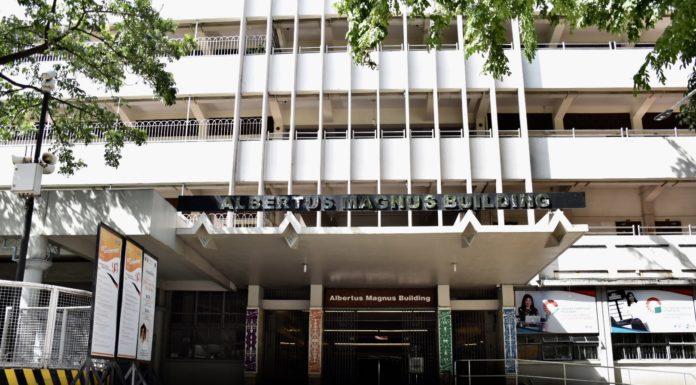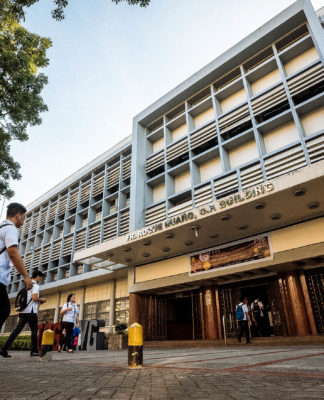AN AMERICAN Law professor said the present anti-terrorism bill lodged in the Philippine House of Representatives if passed may cause more harm than good.
Prof. Sara San Beale, Charles L.B. Lowndes Professor of Law at the Duke University in North Carolina, told an audience of mostly law students that the bill transgresses basic civil and political rights protected by the Philippine Constitution.
According to Beale, the bill, co-authored by Representatives Robert Jaworski Jr., Roilo Golez, Ace Barbers, and Imee Marcos, contains very broad definitions which may result in the detention of people who are not really involved in any terrorist plan or attack, and to the invasion of a persons right to privacy because of a provision allowing electronic surveillance.
Beale fears that with the broadness of some of the provisions of the proposed measure, political speeches and proclamations, and conversations with a terrorist even without the intention or the desire to take part in a terrorist attack will be considered criminal acts. Such actions, Beale said, may result in the arrest of innocent people.
“The incitement provision (Sec. 6) would capture political speeches that are not mostly connected to violence or dangerous activities, the facilitation provision is too broadly written and could capture innocent conduct,” Beale said during the forum, “Issues and Trends in Terrorism Prosecution: A U.S. Perspective” at the Thomas Aquinas Research Center last Oct. 5.
Beale cited one provision as very problematic: “it shall be unlawful for any person or group of persons, natural or juridical, to incite others to the execution of any of the acts specified in Section 4 of this Act by means of speeches, proclamations, writings, emblems, banners or other representations tending to incite others to terrorism”.
To address the problems, the US-based lawyer suggested to combine sections three and four of the bill as they have “substantial overlaps” such as the definition of terrorism and terrorist act.
She also cited the provisions on acts that facilitate, contribute to or promote terrorism, membership in a terrorist organization, arrest and detention, and immunity from prosecution be analyzed further because there might be some things that have been “left out.”
Beale also recommended further study of the provisions on warrantless arrests, detention and electronic surveillance.
“The standards for warrantless arrest are still insufficient even with the limitation of the periods of detention and in the proscription of organizations. I think its very dangerous to proscribe an organization just because one of its members is involved in terrorist activity,” Beale told The Varsitarian. “I think there is also a need to narrow down electronic surveillance particularly in a country that has no history of electronic surveillance. It would be important to go step-by-step to limit the circumstances in which it would be acceptable.”
Beale said she hopes that a refined anti-terrorism bill would soon materialize since an anti terrorism law could help deter terrorist attacks.
“We can reduce the amount of terrorism, but we will not be able to eliminate it entirely,” she said. April Dawn Jennifer Adriatico















